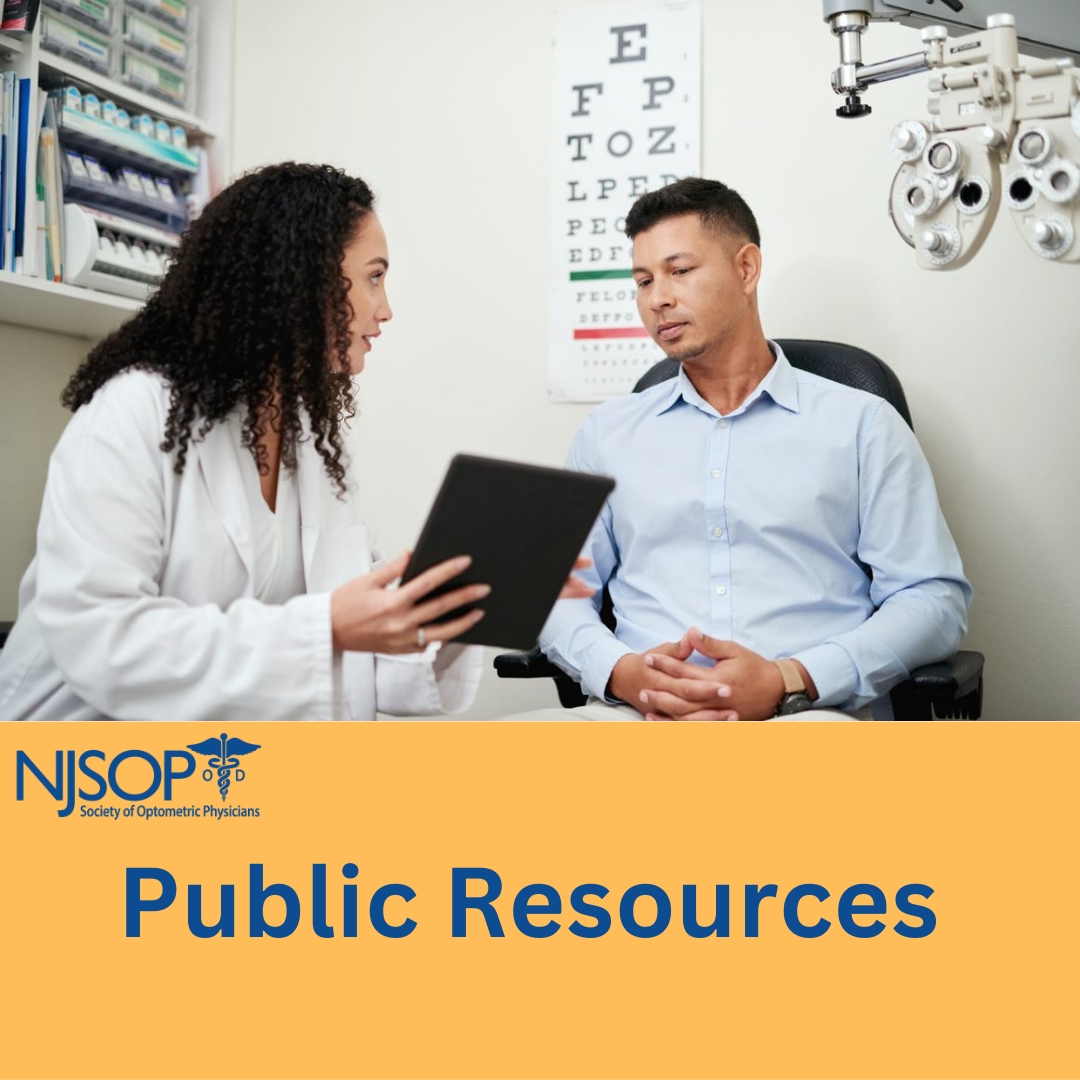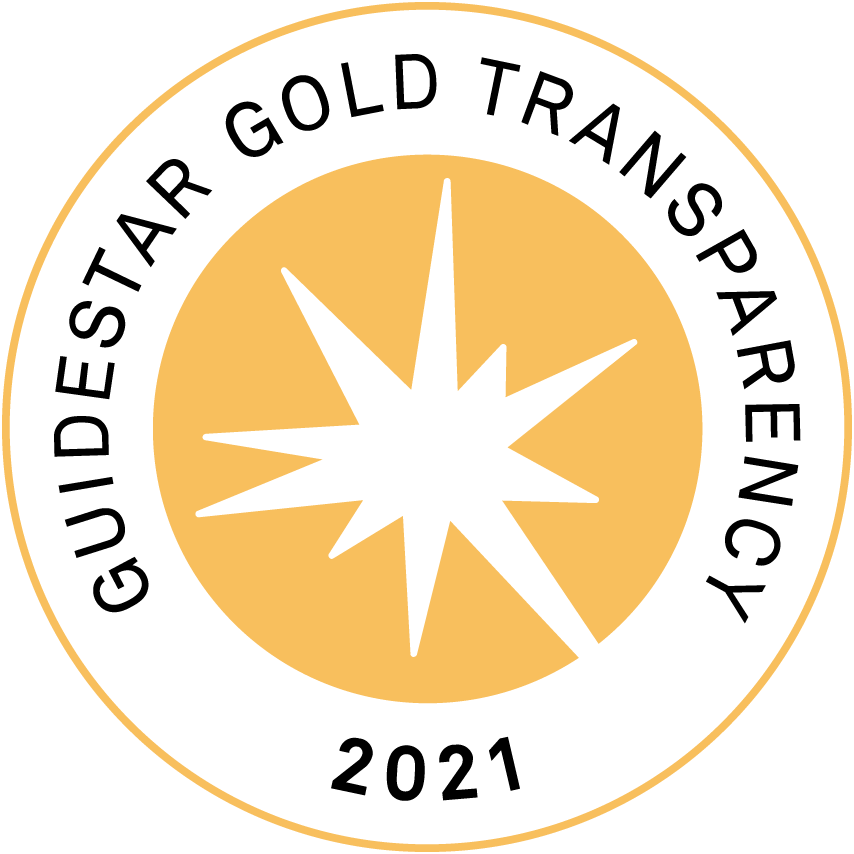Complete Story
Healthy Eating, Healthy Eyes
We've all heard the famous saying, "Carrots are good for your eyes." Is there any truth to this? Absolutely says Dr. Laura Perrin of the New Jersey Society of Optometeric Physicians, "They have a lot of vitamin A which helps protect the retina."
22 million Americans are affected by cataracts and macular degeneration - two of the leading causes of vision loss in our country. Several studies, including a major one by the National Eye Institute has shown a direct link between good nutrition and these conditions. "What we're looking for is anti-oxidants and anti-inflamatories," says Dr. Perrin.
Eat right and you'll see right!
Beta-carotene - found in yellow, orange and green leafy fruits and vegetables, your body converts beta-carotene into Vitamin A. Foods like carrots, spinach, tomatoes, sweet potatoes and cantaloupe are excellent sources.
Vitamin C - good for stopping a cold, but also high in anti-oxidants which protect the retina and prevent cataracts.
Vitamin E - not easy to find naturally in our diet. Search for nuts, wheat germ and some oils. Not only is vitamin E good for your eyes, but your heart will benefit too.
Zinc - whole grains, fish oil and omega-3 fatty acids help protect the retina.
Lutein - THE most important nutrient for preventing macular degeneration. The body doesn't produce lutein so you need to replace this in your diet. You can find lutein in kale, tangerines, collard greens, corn, peas, and broccoli.
Spinach is the best lutein-rich food. 2 cups of spinach will match the luteins found in 7 cups of green beans or 4 pounds of carrots!





